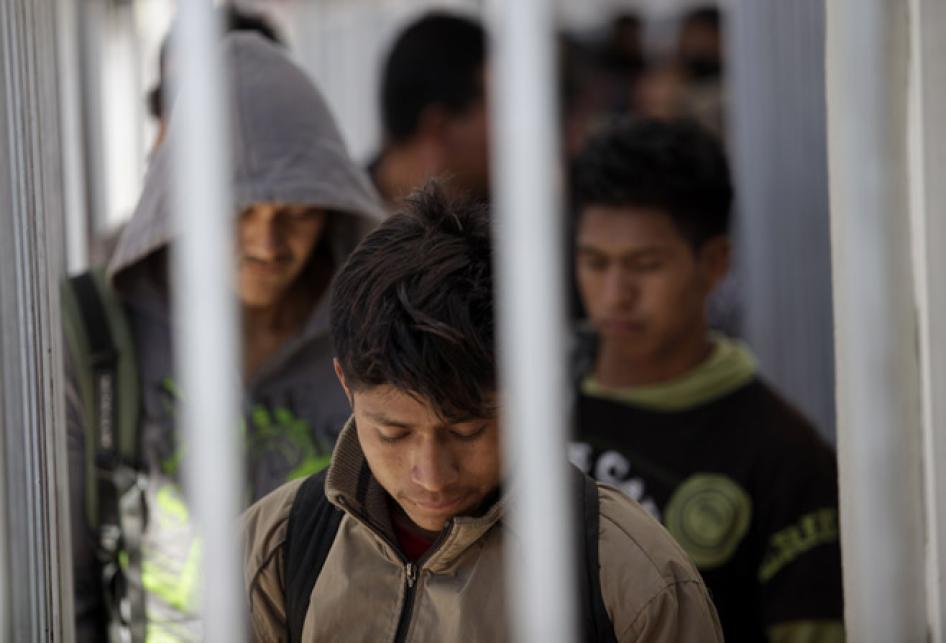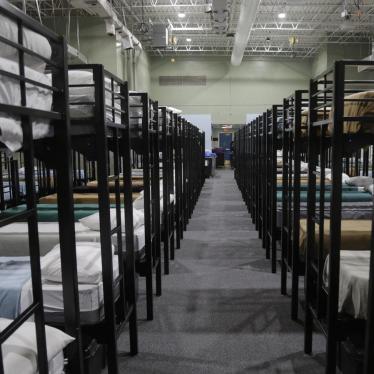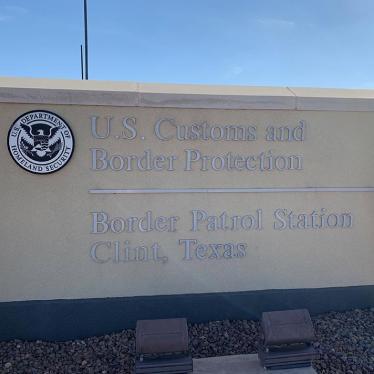Americans watching the first night of the US Democratic Party primary presidential debates heard a lot about “1325,” as candidate Julian Castro challenged others on the stage to join him in calling for a repeal of this law. That’s a reference to Section 1325, in Title 8 of the US Code, which makes illegal entry into the US a federal misdemeanor punishable by up to six months in prison. As Castro pointed out, the “zero-tolerance” policy based on this law was the justification the Trump administration used for separating families at the border.
While the issue has erupted under the Trump administration, the laws criminalizing illegal entry and illegal reentry (reentering the US after deportation) have had a devastating effect on families – and dominated the federal criminal docket – long before Donald Trump took office.
In 2013, Human Rights Watch published a report based on dozens of interviews with people who had been criminally prosecuted for illegal entry and reentry. We found many of the people charged under these laws are people who have lived in the US for many years, and who are desperate to reunite with family and community in the US. We met people like Rosa Manriquez, a grandmother with no other criminal history, who had spent most of her life in the US going to church and cleaning houses, and who had been prosecuted for illegal entry for trying to return to her US citizen children and grandchildren. We also met Gabriela Cordova-Soto, a former legal resident who successfully overcame her dependency on methamphetamine and reentered the US illegally so she could be a mother to her four US citizen children.
Judge Robert Brack, who has presided over tens of thousands of immigration cases in New Mexico, told Human Rights Watch: “I’ve been presiding over a process that destroys families every day and several times each day.”
To be clear, repealing these laws alone will not keep families together. A much broader overhaul is needed of the US immigration system. But treating unauthorized immigration as a civil violation rather than a crime would be an important step toward scaling back an immigration enforcement machine that destroys families every day.









